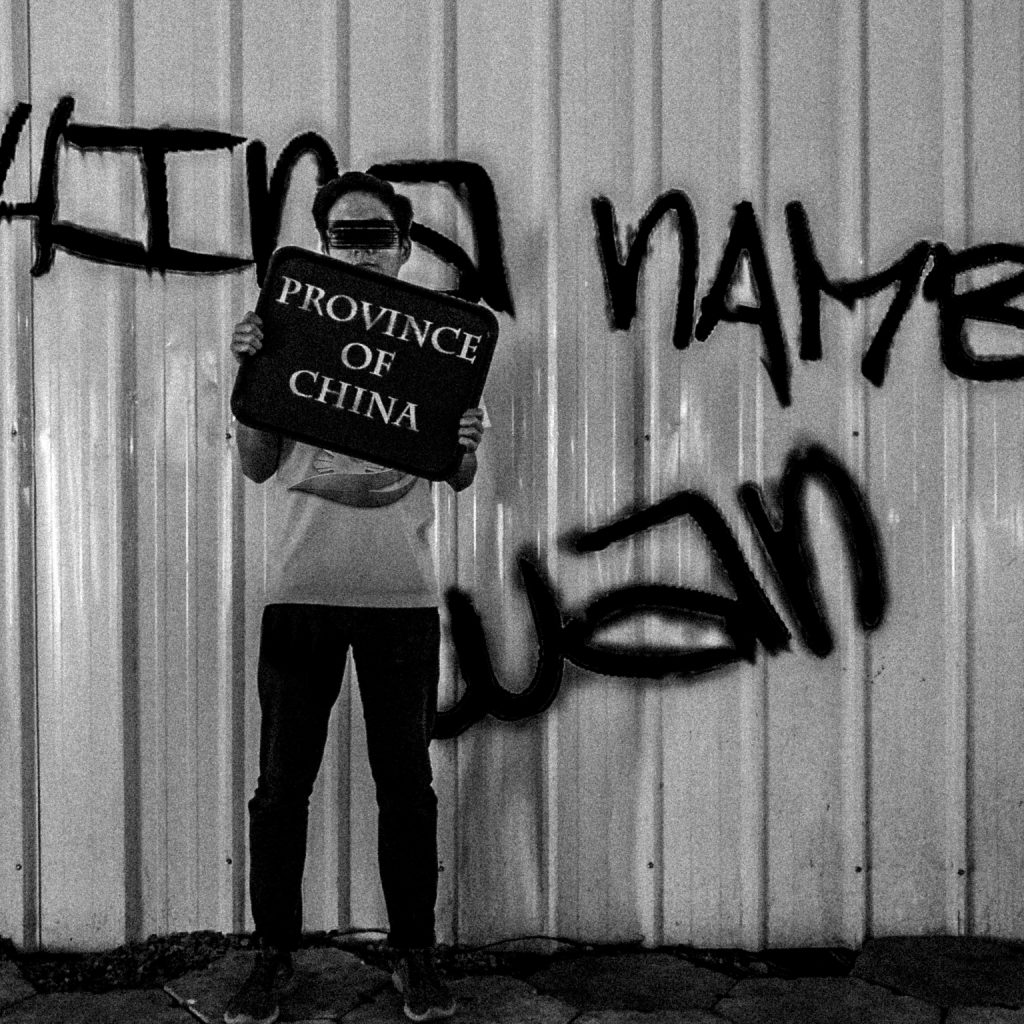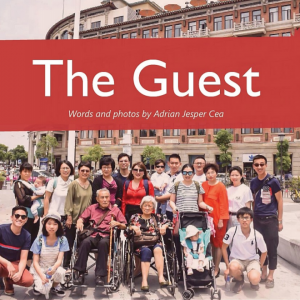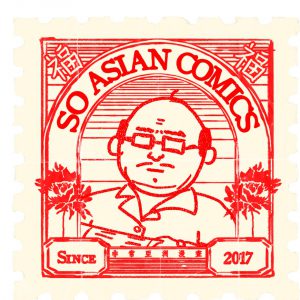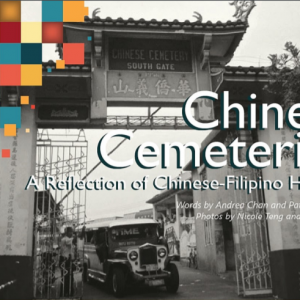Written by Patrick Ang, Calvin Choi, & Theodore Lim
Photos by Calvin Choi
Last November, Duterte reached an agreement with Chinese President Xi Jinping on 29 different deals to strengthen the relations between the two countries. These run from various sectors aimed to develop the Philippines; however, Rappler writer JC Punongbayan and Communist Party of the Philippines leader Jose Maria Sison begged to differ. Both were concerned as this will give China a huge advantage over the Philippines. Richard Heydarian, a prominent political analyst supported this stand as well. He cited that most of our investments have been from our usual trade partners, like Japan, the US, and the Netherlands. There were no Chinese contributions contrary to what the public may have been led to believe. Further, he mentioned that China was out-invested by Japan by a ratio of 23:1.
Rappler reporter Ralf Rivas echoed the same sentiments. He cited the Netherlands, Singapore, and the US as the top investors of the Philippines in 2017. Their contributions increased foreign direct investments to $10 billion. China, on the other hand, has been slow in its contributions; however, that is not to say that China hasn’t helped the Philippine economy at all. In one of his articles, Rivas stated that trade relations with China have been estimated to amount to $50 million in 2017, with the Philippines’ exports increasing steadily. China also expressed their willingness to help fund the “Build, Build, Build” program, though Socioeconomic Planning Secretary Ernesto Pernia comments that China has been shelling out funding slower than expected.
This isn’t the only problem that China brought to the table. Last year, a cell phone video went viral after it showed Chinese coastguards bartering with Filipino fishermen for their fishes in exchange for water and packed noodles. This exchange sparked a debate online and among political experts. Consequently, Yang interviewed a few Chinese-Filipino millennials for Rappler and asked for their opinion on the matter. Most of the interviewees expressed their disappointments towards the coastguards, some even believing that they were bullying the fishermen who were simply trying to make a living. Some of them even questioned why the coastguards where within Philippine territory in the first place. Further, there were those who were not surprised as they truly felt that the President already sold the Philippines to China.
This issue caused many to develop a resentment towards the Chinese community because of this issue. Though this is understandable, the image of the Filipino-Chinese has strayed quite far from that of the mainland Chinese. One of the founders of Chinese-Filipino Advocacy group Kaisa Para sa Kaunlaran Teresita Ang-See cited how her organization coined the term Tsinoys back in 1992 for the Chinese-Filipino. Her goal was to differentiate the Filipino-Chinese from the Mainland Chinese due to the latter’s ill reputation. With this, Professor Michael “Xiao” Chua also aired his take on the issue; he mentioned an instance when his loyalty was questioned because of his Chinese heritage. This shocked him, especially as someone who believes that loyalties shouldn’t be dictated by race but who you identify with.
Edgar Wickberg, a Chinese emigrant relations specialist, wrote a paper about the matter at hand. He stated how the Chinese have risen from being complete strangers to one of the most prominent groups in the Philippines since the time of the Spanish colonization. Back then, they merely acted as traders to the locals and transported items to other parts of the country. Therefore, the Spanish thought of them as “economically indispensable.” They were even given Spanish surnames, like the locals were, blurring the differences between them. However, the Spanish regarded them as “politically unwanted” because of their questionable loyalty. Yet, as time would prove, the Chinese would not need to be at the forefront of any political movement. Now, many Chinese-Filipino businessmen nowadays at the top of many industries like the rich families of Sy, Tan, and Gokongwei.
The Chinese-Filipino have always adapted to what the Philippine society. They do what it takes to survive. Most people, however, simply overlook this side of the community; they assume that the Chinese-Filipino will prioritize their heritage over the Philippines. While this isn’t the case, it’s also not their fault that they perceive the Chinese-Filipino as such.
The Chinese culture may have been seen as a wall to keep others out. Sometimes, it is what separates them from the rest of the nation. Even so, we as a nation shouldn’t be seen as an impenetrable divider. The Chinese-Filipino have been in the country for generations, most of which have known no other place as home. It seems unjust that they have been outcasted because of their heritage when they care for the country too. At the end of the day, the wall that separates us is not impossible to climb. It simply needs both sides to be open to one another.





